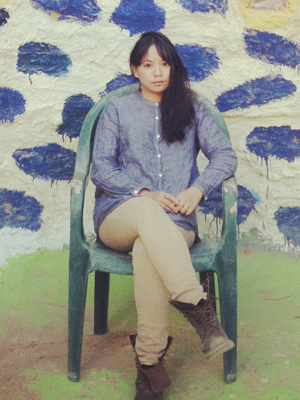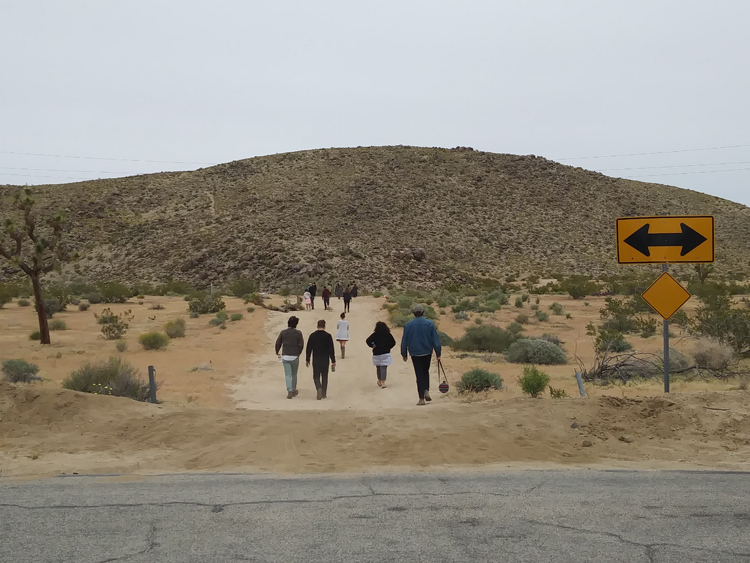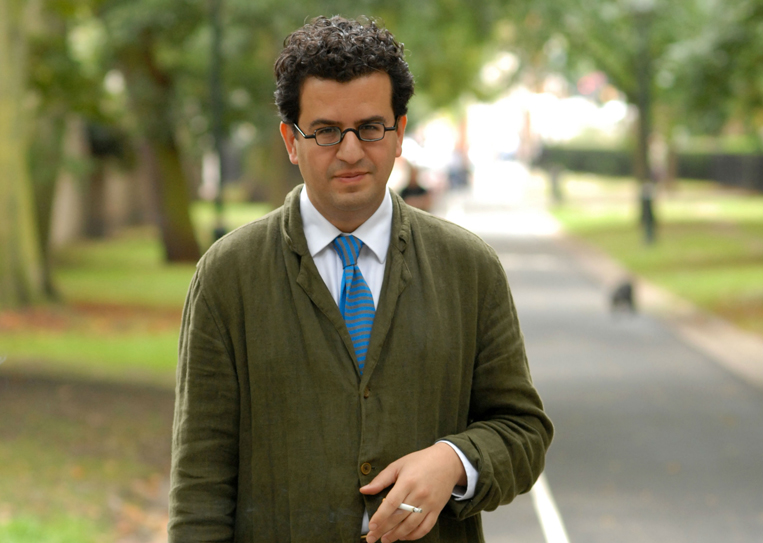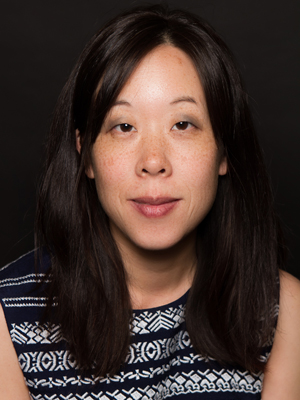Upcoming Fiction and Nonfiction Contest Deadlines
Fiction and nonfiction writers—if you’re sitting on a finished story, essay, or book-length manuscript of prose, check out the following contests with deadlines in the next week. Each contest offers a cash prize, from $1,000 to $5,000, and includes added benefits such as publication and paid trips to conferences.
American Short Fiction Short Story Contest: A prize of $1,000 and publication in American Short Fiction is given annually for a short story. Lauren Groff will judge. Entry fee: $20. Deadline: June 1.
Crook’s Corner Book Prize: A prize of $5,000 is given annually for a debut novel set in the American South. The winner is also entitled to receive a free glass of wine every day for a year at Crook’s Corner Café and Bar in Chapel Hill, North Carolina. Eligible novels must be set primarily in Alabama, Arkansas, Florida, Georgia, Kentucky, Louisiana, Maryland, Mississippi, North Carolina, Oklahoma, South Carolina, Tennessee, Texas, Virginia, West Virginia, or the District of Columbia. Elizabeth Cox will judge. Entry fee: $35. Deadline: June 1.
Nowhere Magazine Travel Writing Contest: A prize of $1,000 and publication in Nowhere Magazine is given twice yearly for a short story or essay that “possesses a powerful sense of place.” Porter Fox will judge. Entry fee: $20. Deadline: June 1.
Salamander Fiction Prize: A prize of $1,000 and publication in Salamander is given annually for a short story. Christopher Castellani will judge. Entry fee: $15. Deadline: June 1.
Southern Indiana Review Thomas A. Wilhelmus Short Prose Award: A prize of $2,000 and publication by Southern Indiana Review Press is given annually for a chapbook-length story collection, novella, novel excerpt, or work of creative nonfiction. David H. Lynn will judge. Entry fee: $20. Deadline: June 1.
Willow Springs Books Spokane Prize for Short Fiction: A prize of $2,000 and publication by Willow Springs Books is given annually for a short story collection. Entry fee: $27.50. Deadline: June 5.
Writer’s Digest Annual Writing Competition: A prize of $5,000, publication in the 86th annual Writer’s Digest Competition Collection, and an all-expenses-paid trip to the Writer’s Digest Conference in August in New York City to meet one-on-one with four agents or editors is given annually for a poem, a short story, or an essay. The winner will also be interviewed in Writer’s Digest, and will receive a subscription to the Writer’s Digest Tutorials video series. A second-place prize of $1,000 and publication is also given in each genre, including personal essay, genre short story, literary short story, and inspirational writing. Entry Fee: $30. Deadline: June 1.
Visit the contest websites for complete guidelines and submission details. Check out our Grants & Awards database and Submission Calendar for more upcoming contests in poetry, fiction, and nonfiction.





 Desert Poetry was conceived and organized by me (Feliz Lucia Molina), Ben Segal, Joseph Mosconi, and Harmony Holiday. The idea for this event transpired at the beginning of nationwide marches and uprisings during the first one hundred days of the number forty-five administration. We sent out a call for the sole purpose of offering space for poets and writers to gather in the Southern California desert (Joshua Tree and Landers) to share concerns, thoughts, practices, and research on issues that are in direct response to the political present. The response to our call was overwhelming as it culminated into a series of twenty-four workshops, readings, and presentations during the weekend of April 7–9. People traveled from far distances including Chicago, Pittsburgh, Oakland, Santa Cruz, New York, Wisconsin, San Diego, and Los Angeles. It was an immediate collective and collaborative atmosphere as people volunteered to help with various tasks.
Desert Poetry was conceived and organized by me (Feliz Lucia Molina), Ben Segal, Joseph Mosconi, and Harmony Holiday. The idea for this event transpired at the beginning of nationwide marches and uprisings during the first one hundred days of the number forty-five administration. We sent out a call for the sole purpose of offering space for poets and writers to gather in the Southern California desert (Joshua Tree and Landers) to share concerns, thoughts, practices, and research on issues that are in direct response to the political present. The response to our call was overwhelming as it culminated into a series of twenty-four workshops, readings, and presentations during the weekend of April 7–9. People traveled from far distances including Chicago, Pittsburgh, Oakland, Santa Cruz, New York, Wisconsin, San Diego, and Los Angeles. It was an immediate collective and collaborative atmosphere as people volunteered to help with various tasks. Major support for Readings & Workshops in California is provided by the
Major support for Readings & Workshops in California is provided by the 
 During National Poetry Month, I inevitably overbook events and find myself scrambling to meet my commitments. Though I love meeting new audiences, by the end of the month, I’m very ready to go back to being an introvert. Two of my favorite events this spring were programs that Poets & Writers helped to make possible.
During National Poetry Month, I inevitably overbook events and find myself scrambling to meet my commitments. Though I love meeting new audiences, by the end of the month, I’m very ready to go back to being an introvert. Two of my favorite events this spring were programs that Poets & Writers helped to make possible.